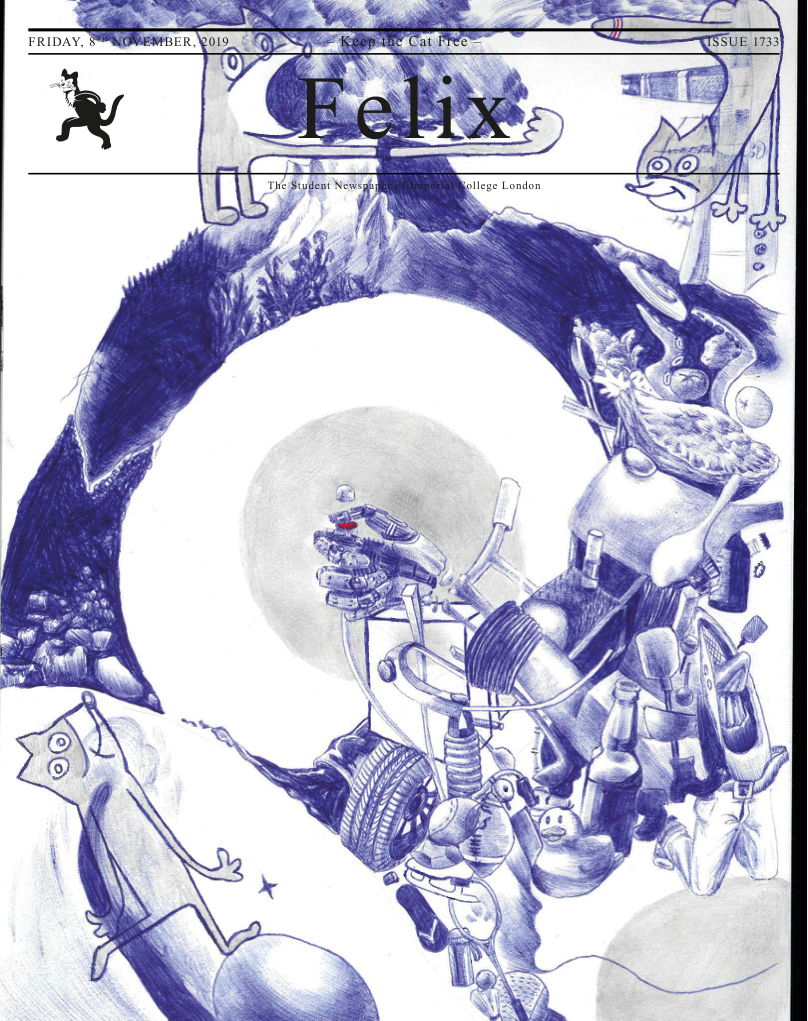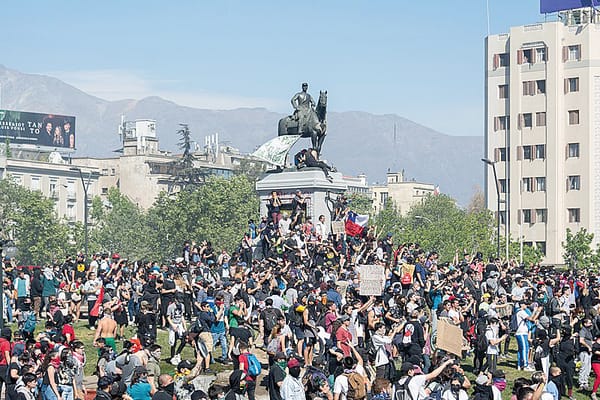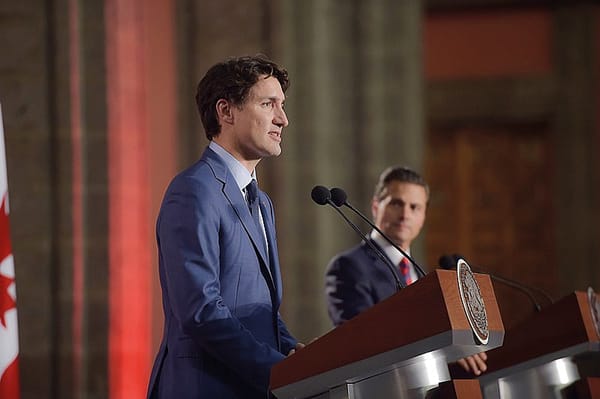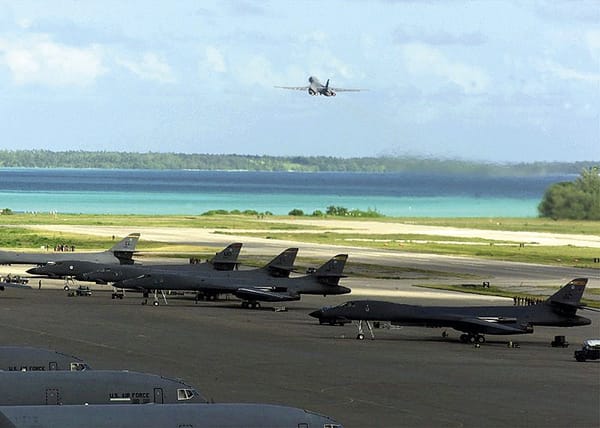The State we’re in…
After a short hiatus due to the General Election call last week, we return to the third part of our 8-part political economic series: “What is Capitalism?”, where we look at the State: police, the judicial system, and the military

In the previous article it was established that the state is a necessity for capitalism, as without a state private property rights could not be enforced. A state was defined by political economist Max Weber as “a political entity that maintains a monopoly on the use of violence”. We discussed how this violence is wielded by the state for the enforcement of its’ laws and private property rights domestically; but how else is the state used to prop up capitalism?
On the domestic front, the judicial system has allowed for interpretations of free speech law that permit corporate lobbying and funding. In the US, the Supreme Court’s ‘Citizens United’ decision meant that corporations could freely spend money on political communications as a form of ‘free speech’ – allowing for a strengthening of the influence of corporations in liberal democracies. This influence affects everything from domestic to foreign policy.
The police play the main part in exercising a state’s power domestically, and the military does so globally. The judicial system is meant to hold these bodies and individuals to account, and does so with varying levels of success. Often, however, we see that the police and military are more or less kept protected by the judicial system as it is in the state’s best interests that these units work together. When it comes to racially biased police brutality, or even war crimes abroad, the courts often acquit police and military officers involved with these incidents despite evidence of wrongdoing..
The protection afforded to the police and military allows them to operate more or less freely on behalf of the state to further the state’s interests, and thus capitalist interests. For example, strict immigration laws create an underclass of migrant workers that are afforded less rights and protections than non -migrant workers. These can include migrants with strict visa conditions as well as those here illegally, and thus they can often find themselves in precarious work. The creation of an underclass of workers gives employers a wider choice on who they should employ, and with migrant workers often willing to work whatever they can and for less, this can result in wages falling across the board. As noted in the first article of this series, lower wages means more of the value produced by the workers goes towards the capitalists as profits, meaning the capitalists benefit from having this choice as a result of our immigration laws.
Illegal immigration will always exist and people will resort to more and more dangerous ways to get to other countries, especially with the refugee crisis and with the impending refugee crisis to come as a result of climate change. Therefore, the state enacting strict immigration laws is not primarily to stop or limit the number of people coming here, but rather to increase the number of people that are not afforded the same rights and protections as domestic workers have, leading to falling wages and more profit for capitalists.
When we hear about refugee crises it’s also important to ask why the crises are happening in the first place. In Latin America and the Middle East, we see a pattern of American (and British) interventionism designed to install governments that take a more favourable foreign policy and trading approach to the United States – sometimes at the cost of overthrowing democratically elected leaders to install US backed dictators. These interventionist wars cause instability in these regions and harm local economies in order to bring in profits for American corporations. In Latin America, this was so common that the term “Banana Republic” came into use to describe situations where this occurred, such as in Honduras with the US corporation the United Fruit Company. More famously, in Iraq and Syria, Western intervention destabilised the region leading to the growth of Daesh and the subsequent refugee crisis. The intervention proved profitable for the defense and oil industries. Later on, the Iraq War was found to be predicated on false premises.
Capitalism has always been a global system that continuously seeks out new resources and new markets to expand to. Foreign policy has thus historically played a key part in keeping capitalism ticking. In the next part we will expand more on the history we have discussed in this article, particularly in the context of free markets, the global economy, colonialism and imperialism. Stay tuned!









